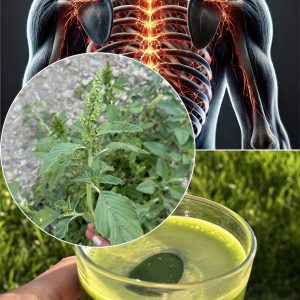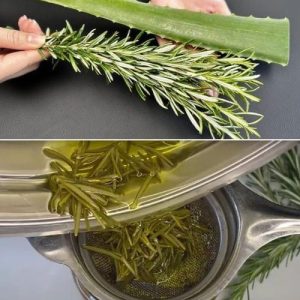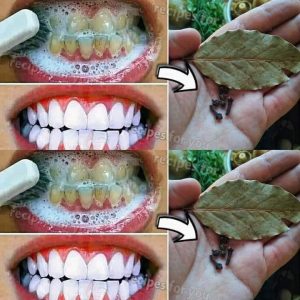Apple cider vinegar (ACV) and honey have been used for centuries for their health benefits. They are natural ingredients that, when combined, create a powerful mixture rich in essential nutrients. Let’s dive into the benefits of apple cider vinegar and honey.
Improves Digestion:
Apple cider vinegar stimulates digestive juices and increases stomach acid production, which helps break down food. Honey, being a natural antibiotic, soothes the stomach and reduces symptoms of common digestive disorders.
Boosts Immune System:
Honey has strong antibacterial and antiviral properties, fighting infections effectively. ACV also has antibacterial effects and supports the immune system, making this combination excellent for warding off colds and flu.
Reduces Inflammation:
Both honey and apple cider vinegar have anti-inflammatory properties, making them beneficial for reducing inflammation throughout the body. This can help alleviate conditions like arthritis or skin inflammation.
Supports Heart Health:
Apple cider vinegar improves cardiovascular health by lowering bad cholesterol levels and triglycerides. Honey’s antioxidant properties protect the heart by reducing oxidative stress.
Aids in Weight Loss:
ACV increases feelings of fullness, leading to a decrease in calorie intake and contributing to weight loss. Honey, in moderation, provides a healthy source of calories and natural sugar for energy.
Soothes Sore Throats:
This mixture is a popular home remedy for sore throats. Honey coats the throat and relieves irritation, while ACV’s antibacterial properties can help clear infections.
Improves Skin Health:
Both ingredients benefit the skin. ACV balances the skin’s pH, enhancing its protective barrier. Honey acts as a natural humectant, keeping the skin moist without making it oily.
Simple ACV and Honey Drink:
Mix 1 tablespoon of apple cider vinegar and 1 tablespoon of honey in a glass of warm water. Drink this mixture once or twice a day, preferably before meals, to harness the health benefits.
ACV is acidic: Regular consumption can wear away tooth enamel. Dilute it in water and consider using a straw to drink it.
Honey is high in sugars: Although it’s natural, honey is high in calories and sugars. Consume it in moderation, especially if you have diabetes or are watching your calorie intake.
Allergic Reactions: Some people may experience allergic reactions to honey or ACV. If you notice any adverse effects, discontinue use immediately.
Including apple cider vinegar and honey in your balanced diet can provide a potent combination of health benefits to support overall wellness.





